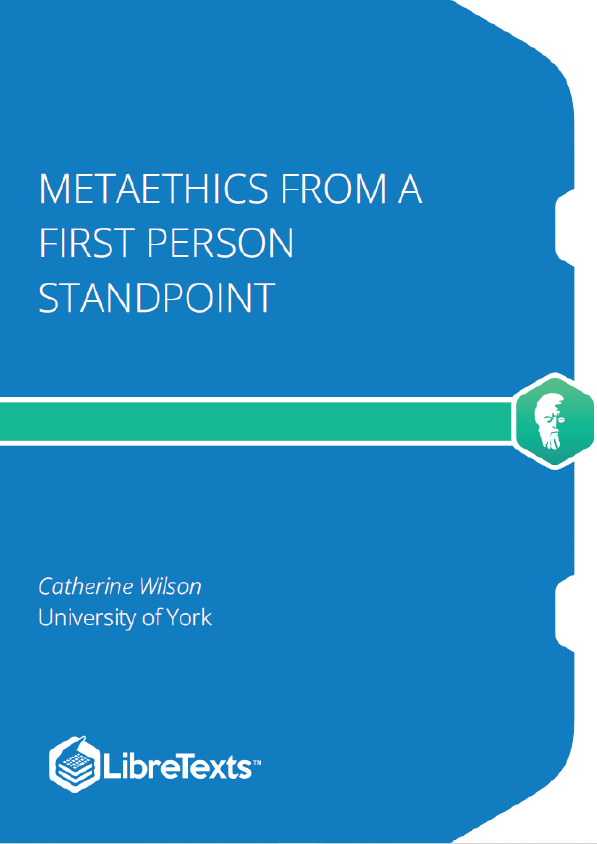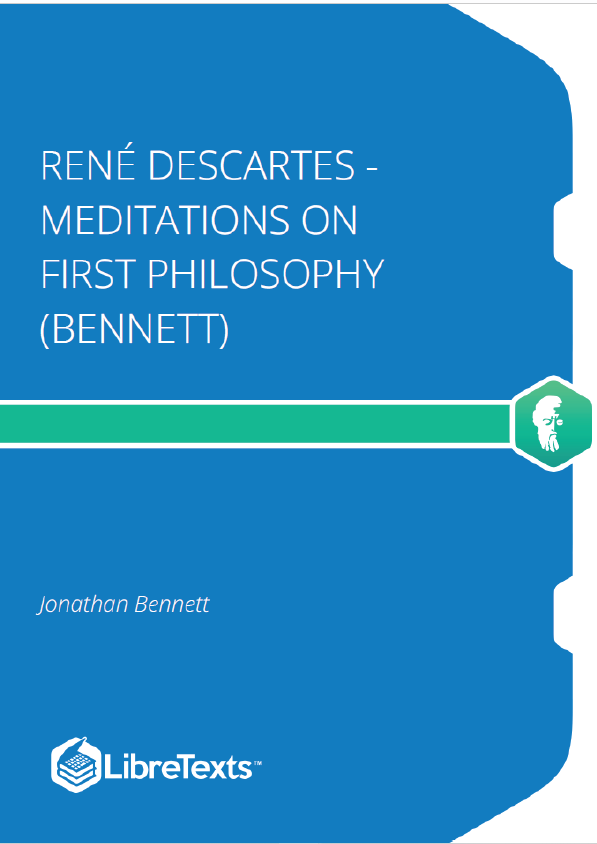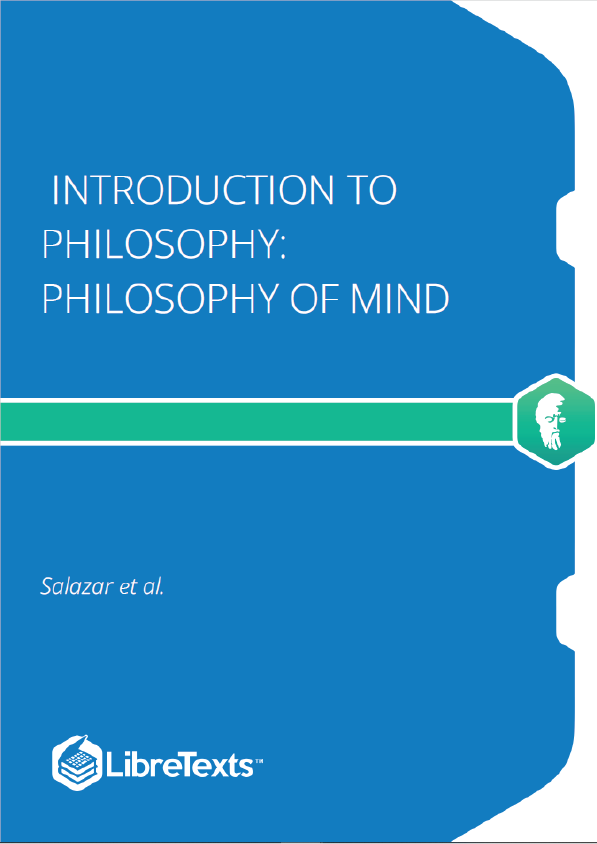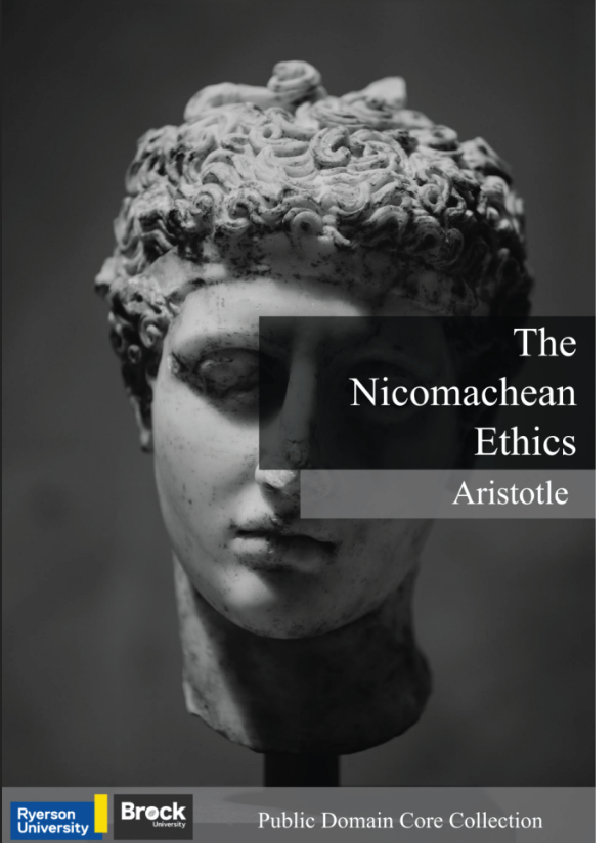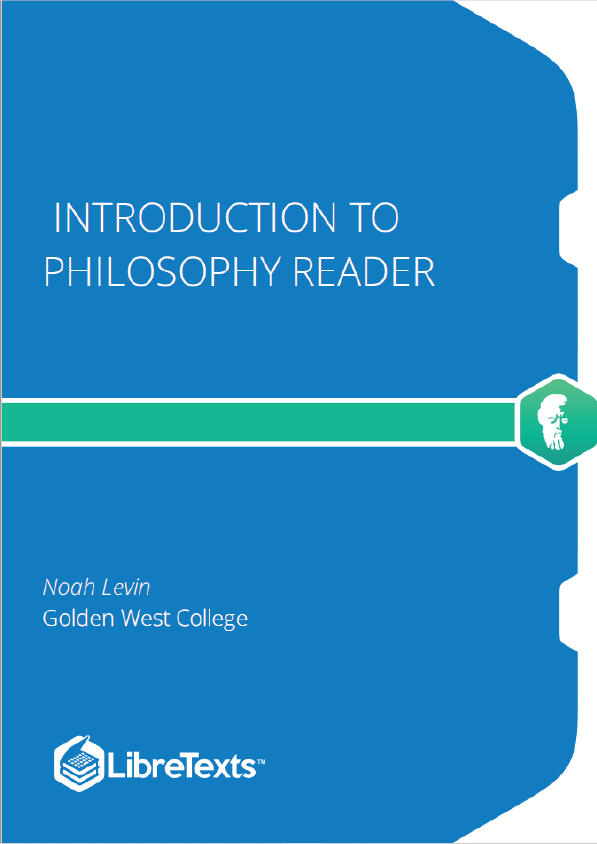Metaethics from a First Person Standpoint addresses in a novel format the major topics and themes of contemporary metaethics, the study of the analysis of moral thought and judgement. Metathetics is less concerned with what practices are right or wrong than with what we mean by ‘right’ and ‘wrong.’ Looking at a wide spectrum of topics including moral language, realism and antirealism, reasons and motives, relativism, and moral progress, this book engages students and general readers in order to enhance their understanding of morality and moral discourse as cultural practices. Catherine Wilson innovatively employs a first-person narrator to report step-by-step an individual’s reflections, beginning from a position of radical scepticism, on the possibility of objective moral knowledge. The reader is invited to follow along with this reasoning, and to challenge or agree with each major point. Incrementally, the narrator is led to certain definite conclusions about ‘oughts’ and norms in connection with self-interest, prudence, social norms, and finally morality. Scepticism is overcome, and the narrator arrives at a good understanding of how moral knowledge and moral progress are possible, though frequently long in coming.
Many of the things people do from time to time for the sake of others strike me as noble and heroic. Firemen rush into burning buildings to save the lives of children and animals. Reporters travel to battle zones in war-torn countries to inform the world about what is happening there. Politicians defy opposition to demand civil rights for disfavoured groups, and middle-class people sacrifice luxuries to send their children to school or to donate to famine relief. In ordinary life, people go out of their way to help friends and even strangers, giving each other rides to the airport, assisting with the dishwashing, cheering up the depressed and calming the anxious amongst them.
Yet just as many of the things people sometimes do seem cruel and shocking, and this has been noted and lamented by philosophers for centuries. For thousands of years, people have enslaved their fellow humans to build walls and palaces, to weave textiles, and to farm their fields.1 Now they are enslaved to manufacture sportswear and electronic equipment. From my readings, I have learned that torture was acceptable judicial practice throughout the 17th century, and that only a few hundred years ago in Europe, a criminal could be publically hanged, disembowelled, drawn and quartered. I know that cockfights and bullfights have been considered amusing by many cultures and that ancient people would cut slabs of flesh off their living cattle to eat.2 Massacres and child armies are widespread in the contemporary world, as is sex trafficking. The newspaper brings constant reports of corrupt police officers and politicians. I have read that the ancient Greeks, with their brilliant mathematicians, poets, and sculptors, left their unwanted babies on the hillside to die or to be picked up and raised by strangers.3 Detailed reports of the abuse of children and old people in nurseries, orphanages, and care homes hit the papers on an alarmingly regular basis. It seems their caretakers, or some of them anyway, think that what they are doing is absolutely fine.
